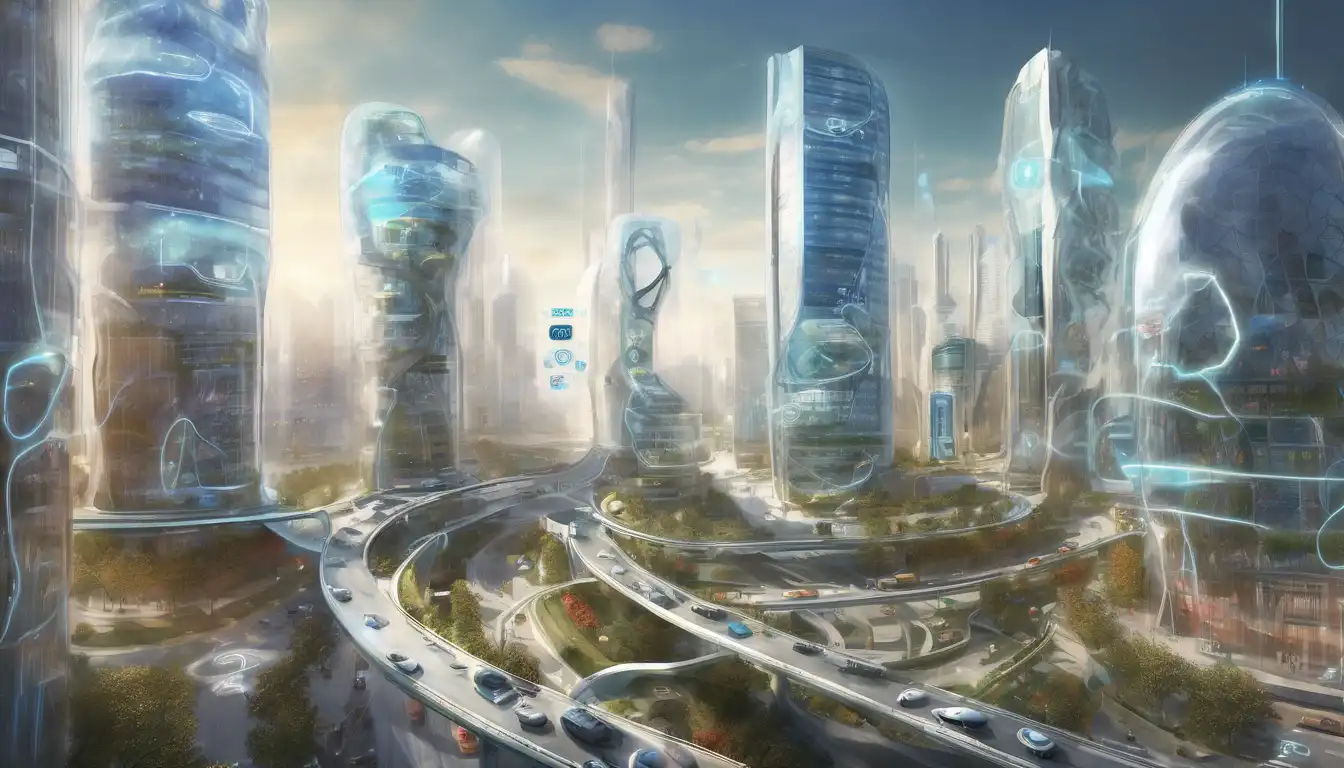The Role of IoT in Shaping Smart Cities
The Internet of Things (IoT) is revolutionizing the way we live, work, and interact with our urban environments. By connecting devices, sensors, and systems across cities, IoT is laying the foundation for smarter, more efficient, and sustainable urban living. This article delves into the transformative potential of IoT in smart cities, highlighting key benefits, challenges, and future prospects.
Key Benefits of IoT in Smart Cities
IoT technology offers numerous advantages for smart cities, including:
- Enhanced Efficiency: IoT enables real-time monitoring and management of city infrastructure, reducing waste and improving service delivery.
- Improved Sustainability: Smart energy grids and waste management systems help cities reduce their environmental footprint.
- Increased Safety: IoT-powered surveillance and emergency response systems enhance public safety and security.
- Better Quality of Life: From smart lighting to traffic management, IoT solutions make urban living more convenient and enjoyable.
Challenges Facing IoT Implementation
Despite its potential, the integration of IoT into smart cities is not without challenges. These include:
- Privacy Concerns: The collection and analysis of vast amounts of data raise significant privacy issues.
- Security Risks: IoT devices are vulnerable to cyberattacks, posing risks to city infrastructure and personal data.
- High Costs: The initial investment for IoT infrastructure can be prohibitive for some cities.
- Interoperability Issues: Ensuring different IoT systems and devices can work together seamlessly is a complex challenge.
Future Prospects of IoT in Smart Cities
The future of IoT in smart cities is bright, with advancements in technology paving the way for more innovative applications. From autonomous vehicles to AI-driven urban planning, the possibilities are endless. However, realizing this potential will require addressing the current challenges and fostering collaboration between governments, businesses, and communities.
For more insights into how technology is transforming urban environments, check out our articles on urban development and sustainable cities.
Conclusion
The integration of IoT into smart cities represents a significant leap forward in urban development. By harnessing the power of connected devices, cities can become more efficient, sustainable, and livable. However, success will depend on overcoming the challenges of privacy, security, cost, and interoperability. With the right approach, the future of IoT in smart cities is not just promising—it's transformative.
